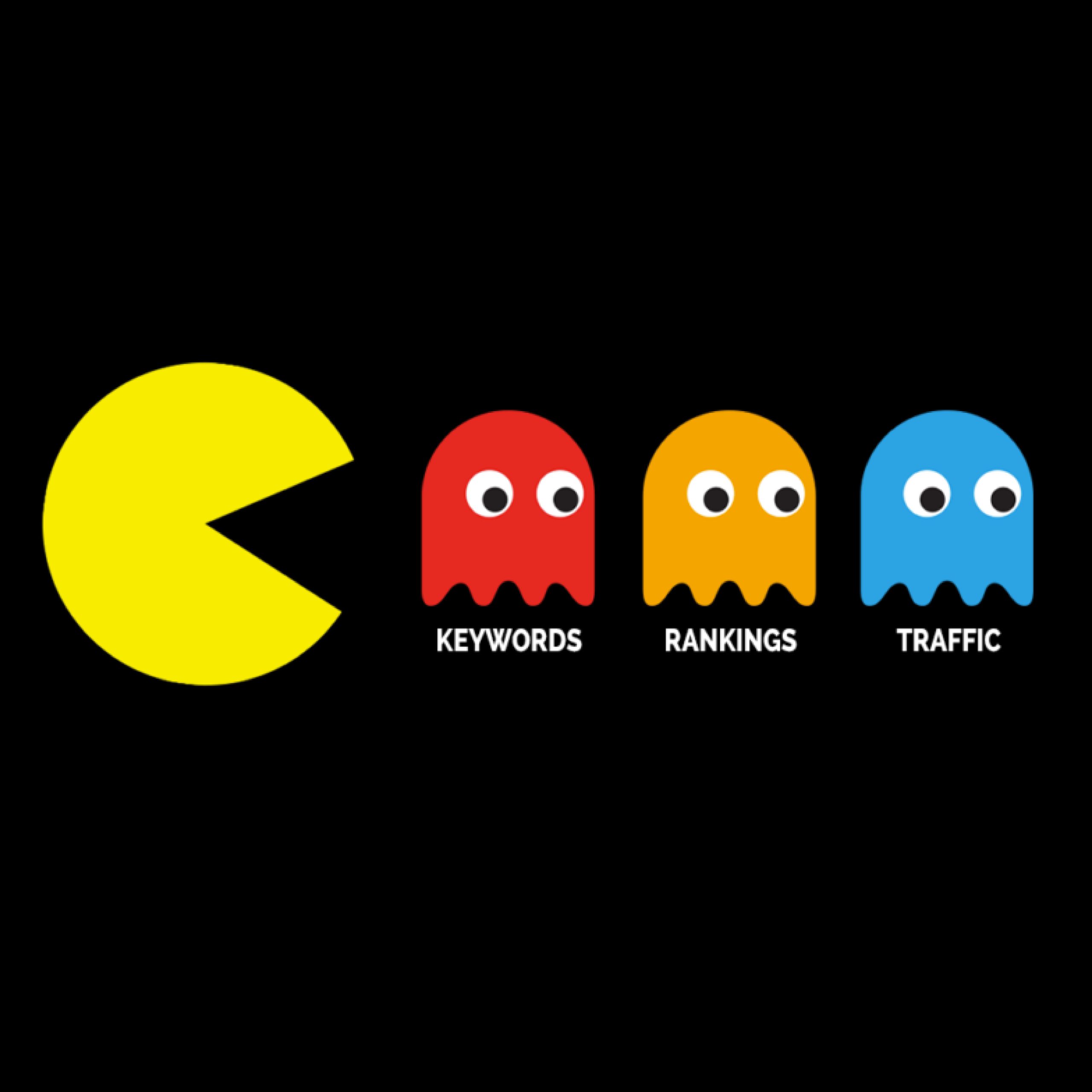Table of Content
As a result of the keyword Cannibalisation that occurs, your search engine rankings may suffer if you optimize your articles for the same keywords. Your content will inevitably begin to compete with itself as your site grows. What is keyword Cannibalisation in SEO, why keyword cannibalism may be harmful to SEO, how to spot it, and what to do about it are all covered in this article.
What is Keyword Cannibalisation in SEO?
To put it simply, keyword Cannibalisation occurs when your site has many pages devoted to the same phrase, each of which competes with the other for search engine rankings, resulting in neither page performing as well as it should. However, this isn’t entirely accurate.
Having two or more pages optimized for the same keyword on your website does not guarantee that none will rank. Take keyword Cannibalisation carefully, as it has the ability to harm your rankings for a variety of reasons.
It is possible for a single keyword or phrase to be used in several places on a website’s information architecture. If you have a large number of pages that all target the same term, it can be problematic. Keyword stuffing across several pages might potentially result in a de-indexation by the search engine. For the most part, the goal of employing keyword stuffing techniques is to improve one’s search engine rankings for a certain term.
Why Is Keyword Cannibalisation An Issue?
If numerous pages compete for the same term, Google has no way of knowing which is the most relevant.
When Google crawls your site, it will find dozens of pages that are “relevant” to the keyword you’ve entered. However, Google will be forced to make a choice between these pages in order to return the most relevant results. If you were hoping to boost your website’s search engine rankings using this approach, you’re out of luck. Additionally, you’re missing out on a number of wonderful opportunities for SEO.
Conversion rate:
There is no use in wasting your time on multiple pages with the same purpose if one of these is performing better. Instead of focusing your efforts on a lower-converting version of one of these pages that target the same traffic, you should concentrate your efforts on one of these pages.
Quality of information:
Multiple pages targeting the same keyword should be focused on the same topic. Duplicate material, low-quality content, or replications are all dangers, and they all diminish your chances of getting referrals and links as a result of them.
Internal link text:
By concentrating the value of internal anchor texts on a single page, you can increase the effectiveness of your SEO efforts. If you target different sites with the same subject, you will miss out on opportunities to increase the effectiveness of your SEO efforts.
External links:
A single keyword-focused page’s SEO value can be increased through the use of external links. Your external links will be divided throughout the several landing sites targeting the same keyword, though. As a result, you’re distributing the value of your external links across multiple pages rather than concentrating it on a single one.
Cannibalisation occurs when multiple pages have the same Keywords
Keep in mind that “several pages optimised for the same keyword” isn’t Cannibalisation unless the purpose of these sites is the same as each other’s. Essentially, you’re competing against yourself when something happens to you.
On Reddit a few years ago, Google’s John Mueller was asked: How does Google view keyword Cannibalisation? Some believe that having many pages about the same issue causes search engines to become confused, which reduces their chances of ranking higher.
In John’s words,
“The content is ranked as it is received. In the same way as a bunch of youngsters jostle for position at the front of the line, your pages with similar content will compete with one another, and eventually, someone else will get in front of you:). Don’t dilute your site’s worth by cramming in a lot of low-quality content.”
If you look at it this way:
If any, which of your pages has the same goal as the others? Is one better than the other?
A substantial number of these questions are impossible for you to answer because there isn’t a clear-cut solution. Keyword Cannibalisation almost always occurs by accident — when new pages are added to the web without taking into account the content of the pages that have previously been published.
How can you expect Google to rank your page if you don’t know which one it should be? When a search engine’s algorithm has to pick between two keywords, it’s considered keyword Cannibalisation.
Often, no significant ranking signals are pointing toward a particular site. In this situation, neither page performs as well as it could; the pages devour one another’s the ability to perform. Many websites are affected by this problem; clearing it up is an important step in your overall SEO strategy.
What Can You Do To Prevent Keyword Cannibalism?
1. Use canonicals
It’s better to use different variants of the same keyword on each page and link back to the canonical source for the term. In this way, Google will be able to determine which version is the most relevant to each of these inquiries. Even if you’re optimizing for Google, don’t forget about your people. Having many pages that target the same term isn’t the best user experience for your site visitors. This solution can also guarantee a better user experience and more relevant information.
2. Use 301 redirects
You should employ 301 redirects if you’re concerned about your keywords being eaten up by other sites’ links and relevancy. Find all the pages that have this issue and select the best one. Make sure to use a 301 on every “replica” of the version you choose. You’ll get higher rankings in Google’s search results since your site visitors will be directed to the correct version.
Instead of trying to rank your site for a single keyword, focus on long-tail terms instead, which will provide you with much more satisfaction and prevent this type of problem.
Resolving Keyword Cannibalization Issues Can Lead To Significant Gains
Let’s not forget that keyword Cannibalisation is a prevalent problem in SEO. Despite this, it continues to be a source of uncertainty for many websites, preventing them from performing to their full potential.
You may make Cannibalisation a part of your regular site audits and put in place measures to prevent it from happening again by taking a process-driven approach.
Cannibalisation is more common on more significant sites with a lot of content, but it can happen to any site, large or small.
Do yourself a favour and conduct a Cannibalisation audit on your website; there is a good probability that you will discover possibilities to improve the performance of your campaign.









